Medicine
undergraduates
The pre-clinical and clinical courses at Oxford provide a well-rounded intellectual training with particular emphasis on the basic science research that underpins Medicine. The focus throughout is on the experimental basis of the subject. Practical work is an important component of the course and students also have the opportunity to undertake an original research project in a field of their choice.
At Teddy Hall, the tutors are genuinely nice and are excellent at not only helping you progress throughout the terms with their knowledge, but also looking after your wellbeing.
Jason, Medicine
Students at St Edmund Hall benefit from the expertise and teaching of Fellows and lecturers whose interests span a wide range of areas. These areas include oncology, behavioural neuroscience, neurology, respiratory physiology and anatomy. Some of our Fellows conduct research at the bedside, and the teaching of our clinical students is further strengthened by recently-qualified foundation year doctors who are working in local hospitals, which is very helpful in raising standards. In recent years, St Edmund Hall students have often been ranked in the top 10% of the University cohort in both pre-clinical and clinical examinations.
Teddy Hall Medics belong to a friendly and intellectually stimulating community. There are regular medical sciences events, drinks and presentations in College organised for and by our students. Our College Library houses an up-to-date collection of medical texts.
The College is also home to the St Edmund Hall Centre for the Creative Brain, which organises termly events with guest speakers, who discuss cutting-edge research in neuroscience and look at how insights from other fields – including art, music, literature and philosophy – can further enhance our understanding of the brain. Students are encouraged to attend these free, and very accessible, events and also have the opportunity to be more involved with the Centre by serving on its organising committee.
Various bursaries are available for clinical medics at St Edmund Hall. These include an equipment grant to fund the purchase of a stethoscope for 4th-year medics; and support during the elective period (for 6th-year medics) to assist with travel expenses and to fund the cost of accommodation left vacant.
The College also offers a wide range of other scholarships, awards and prizes, as well as College Grants which are available to all students to help with academic-related costs. Find out more here.
Having a wide range of Fellows with active research programmes offers our Biomedical Sciences and Medicine students some excellent opportunities to take part in original scientific research, as a lab intern during the summer vacation or during their final-year research project.
Videos
Find out more about the research interests of some of our academics by watching these short talks, given at the College's Research Expos and aimed at a non-specialist audience.
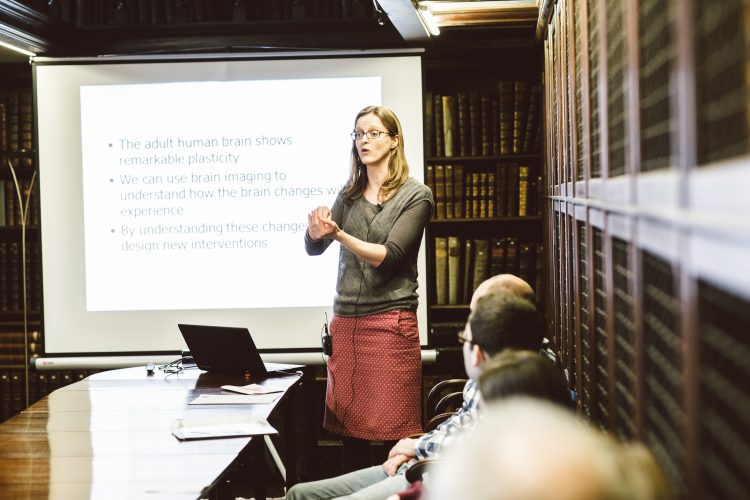
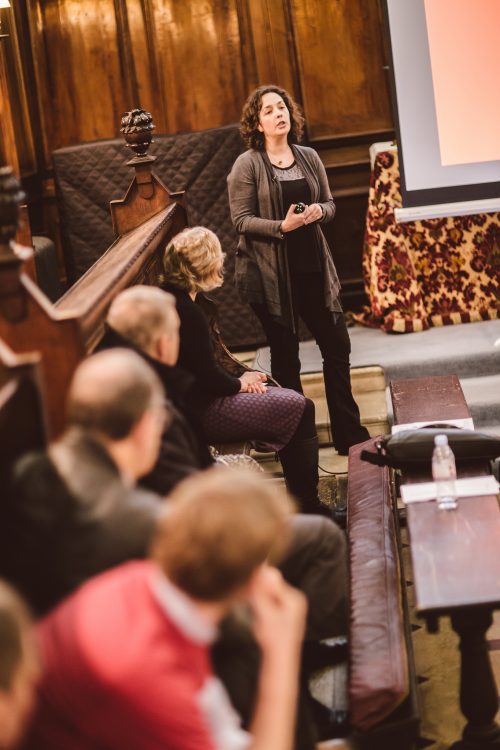
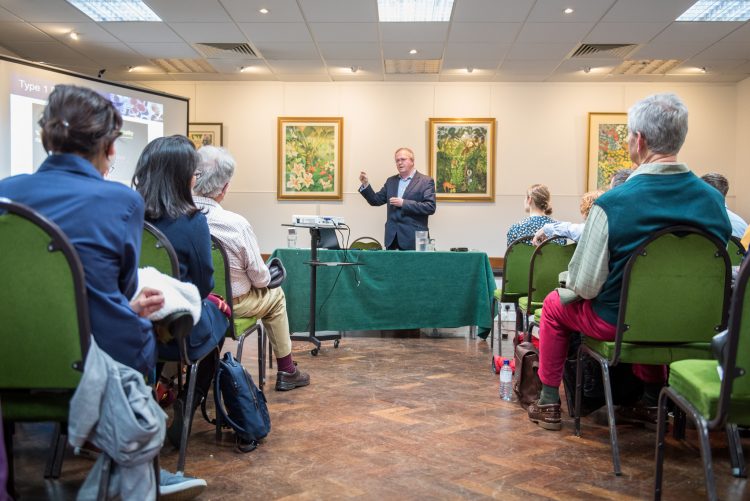
Prof. Paul Johnson
Pancreatic Islet Transplantation for Type 1 Diabetes – Bench to Bedside
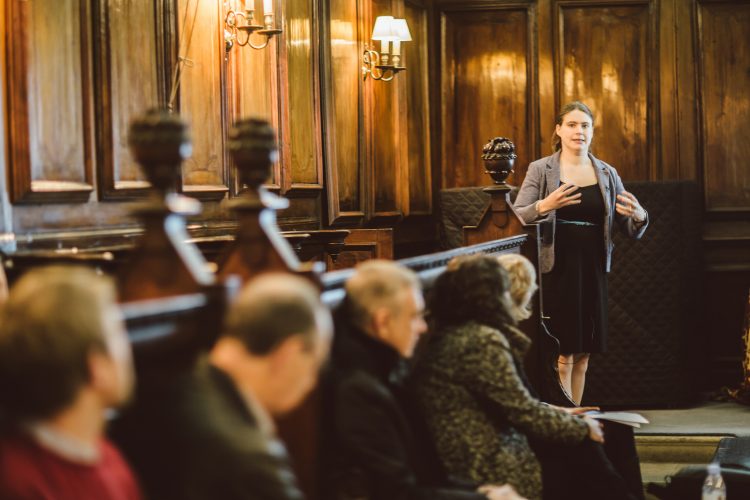
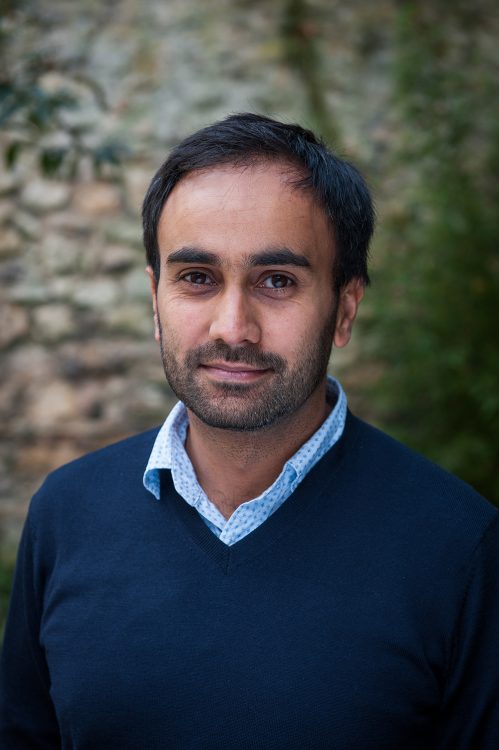
From becoming a GP to training as a brain surgeon, a vast array of speciality training pathways is available after obtaining a medical qualification, ranging from anaesthesia or emergency medicine through obstetrics or ophthalmology to paediatrics or psychiatry.
Of course, you need not remain confined to the surgery or the operating theatre: the lecture theatre or the laboratory could also beckon. Some of our graduates end up leading the education of the next generation of doctors or directing biomedical research. You do not need to know right now what you want to do when you qualify: the Medical School organises careers sessions for final-year clinical students and helps students learn about and apply for foundation house officer posts.
BM BCh graduates are entitled to provisional registration with the General Medical Council (GMC) with a licence to practise, subject to demonstrating to the GMC that their fitness to practise is not impaired.
Requirements to study Medicine at St Edmund Hall are identical to those listed in the main University Prospectus. Applicants should be studying 3 A levels (or equivalent) in one academic year, including Chemistry and at least one from Biology and/or Physics and/or Maths.
All candidates for Medicine will be required to sit the University Clinical Aptitude Test (UCAT) shortly after applying. For more information on the UCAT, including how and when to register for the test, please visit the University website.
Our Tutors
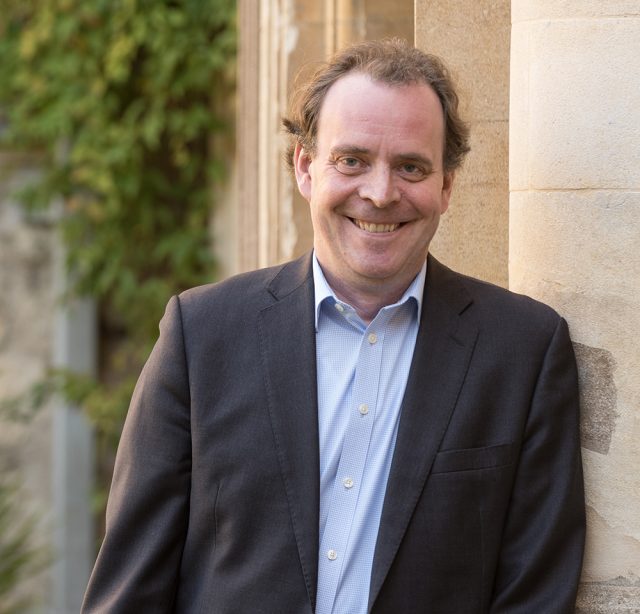
Robert
Wilkins
American Fellow and Tutor in Physiology
Undergraduate teaching at the Hall is led by our Tutorial Fellow, Professor Robert Wilkins, who is also Tutor for Admissions. He provides tutorial teaching in cellular and systems physiology and his research is in the field of cellular dysfunction and disease. Professor Wilkins is also Director of the Biomedical Sciences course in the Medical Sciences Division.
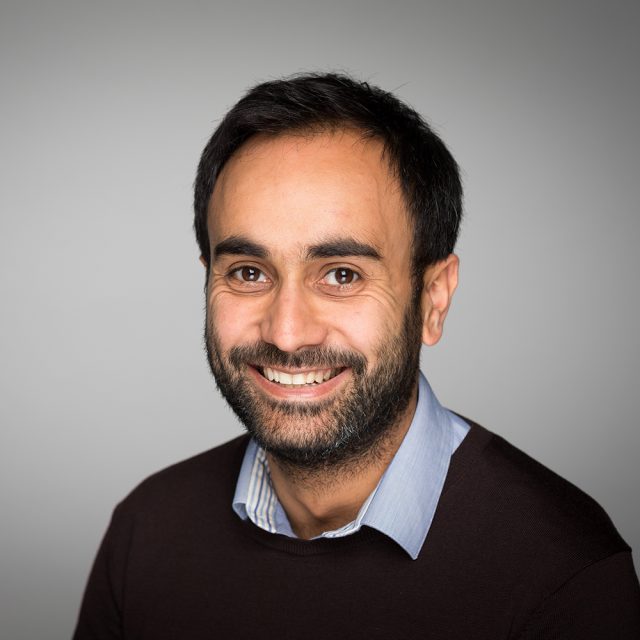
Hussein
Al-Mossawi
Fellow by Special Election in Medical Sciences
Dr Hussein Al-Mossawi has been teaching pathology and immunology at St Edmund Hall since 2009. He is a specialist in rheumatology and his current research interests are focused on characterising immune responses in autoimmune inflammatory diseases such as ankylosing spondylitis.

David
Dupret
Professor of Neuroscience
Professor David Dupret is a neuroscientist who delivers the systems neuroscience component of the course. The primary aim of his research programme is to understand how neuronal activity in the hippocampal circuit contributes to the acquisition, consolidation and recall of memory traces.
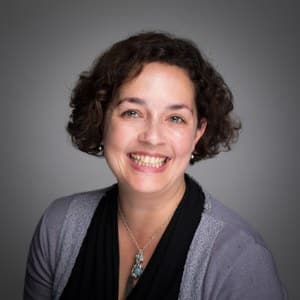
Claire
Edwards
Fellow by Special Election in Surgery (Bone Oncology)
Professor Claire Edwards is Associate Professor of Bone Oncology, with a joint appointment at the Nuffield Department of Orthopaedics, Rheumatology & Musculoskeletal Sciences (NDORMS) and the Nuffield Department of Surgical Sciences (NDS).
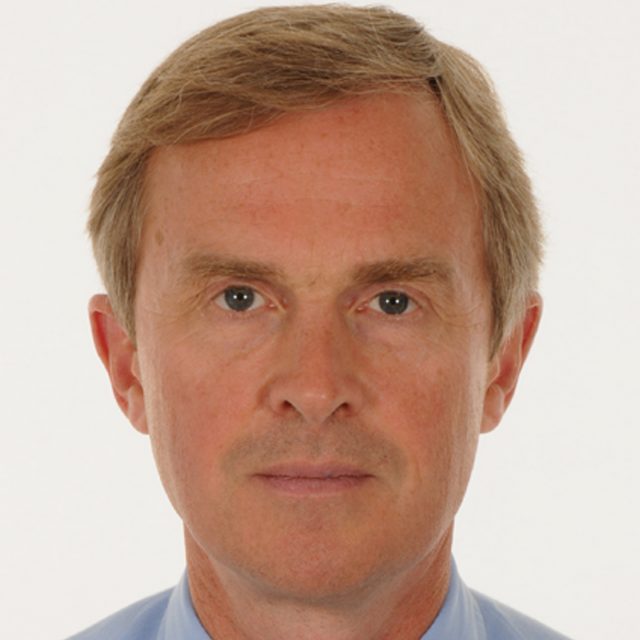
Roger
Gundle
Non-Stipendiary Lecturer in Medicine
Roger Gundle has taught Human Anatomy to undergraduate medical students in Oxford since 1989 and is also Lead in Musculoskeletal Anatomy for the University Anatomy Department. He also has a longstanding role in teaching clinical medical students and training higher surgical trainees in Orthopaedic Surgery.
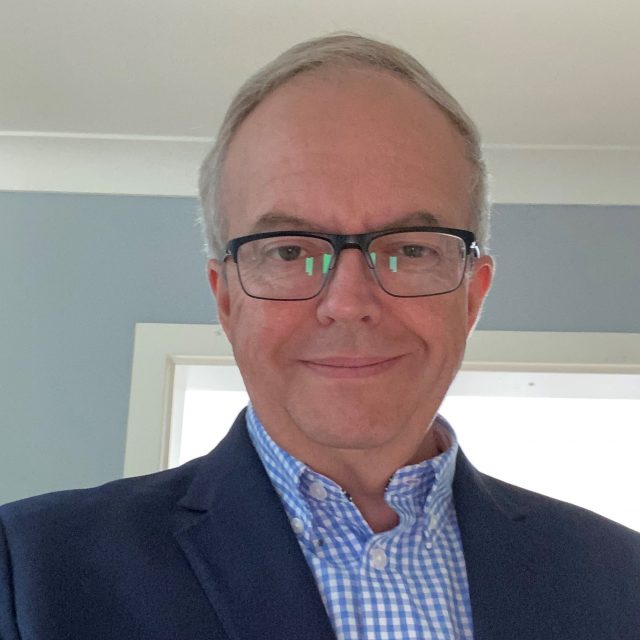
Paul
Johnson
Professor of Paediatric Surgery and Fellow by Special Election
Mr Paul Johnson is Professor of Paediatric Surgery and Fellow of St Edmund Hall at the University of Oxford, and Consultant Paediatric Surgeon at the John Radcliffe Hospital in Oxford. He has a particular interest in the field of Islet Transplantation for reversing type 1 Diabetes, and is Director of the Islet Transplant Programme in Oxford.
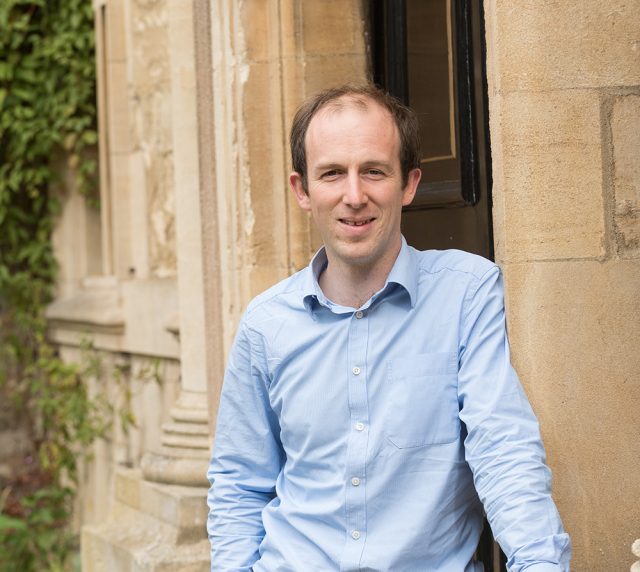
David
McCartney
Fellow by Special Election in Clinical Medicine
Dr David McCartney is Director of Graduate Entry Medicine in the Medical Sciences Division and Fellow by Special Election at St Edmund Hall
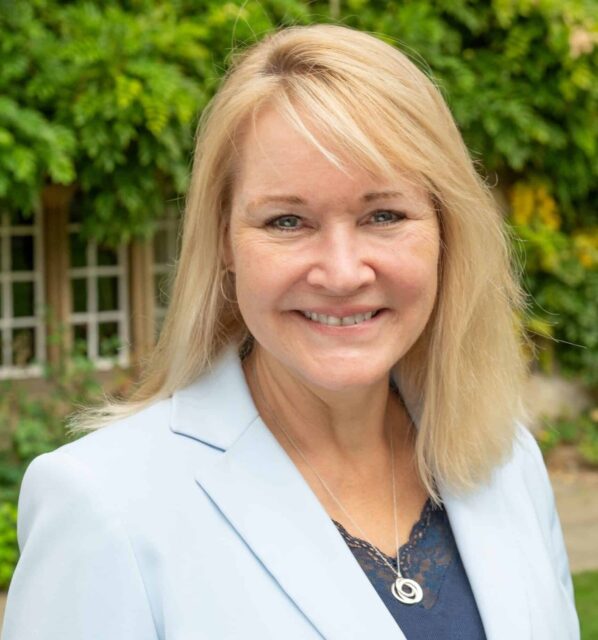
Sue
Pavord
Associate Senior Lecturer in Clinical Medicine
Dr Sue Pavord is Consultant Haematologist at Oxford University Hospitals and Associate Senior Lecturer in Clinical Medicine at St Edmund Hall. Her clinical and academic expertise spans the full breadth of medical haematology, with particular interests in obstetric haematology, anaemia and iron management, haemostasis and thrombosis, immunohaematology, and transfusion medicine.
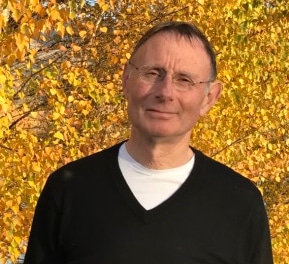
Brian
Shine
Non-Stipendiary Lecturer in Medical Sciences
Dr Brian Shine is a member of Oxford’s Metabolic Stone Team. His clinical interests are in Endocrinology and Diabetes, particularly neuroendocrine tumours, renal stones, renal tubular disorders, and metabolic disorders of calcium metabolism. His research interests include health economics modelling and the use of big data in medicine.
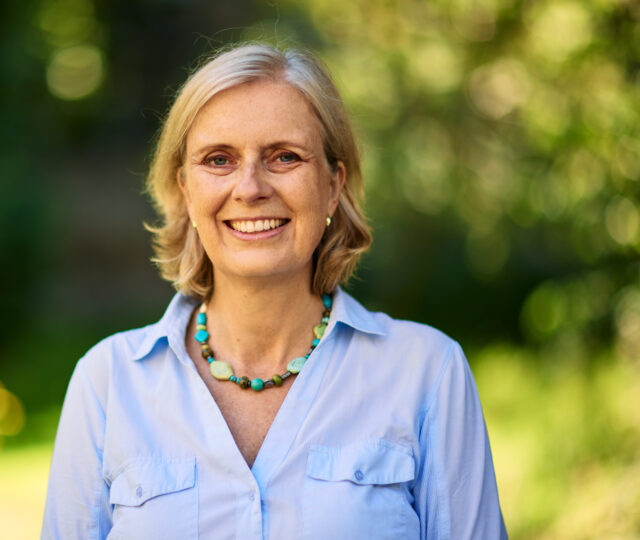
Krina
Zondervan
Fellow by Special Election in Obstetrics and Gynaecology
Krina Zondervan is Professor of Reproductive & Genomic Epidemiology and Head of the Nuffield Department of Women’s & Reproductive Health. She is also Co-Director of the Oxford Endometriosis CaRe Centre.
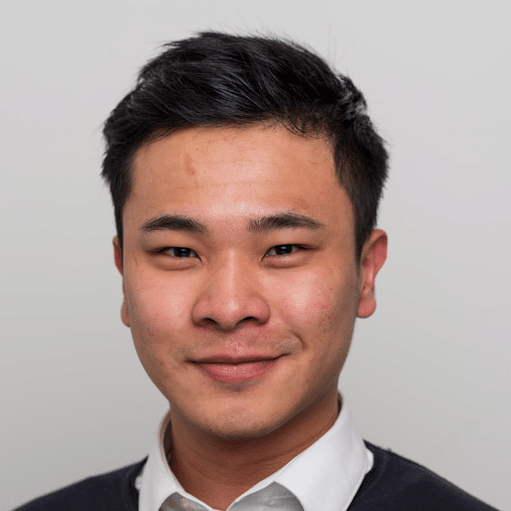
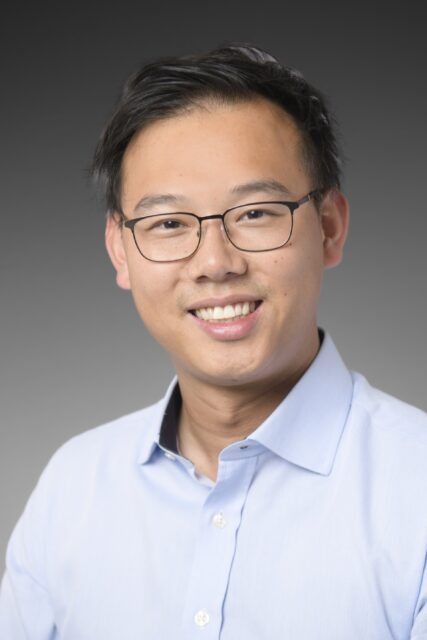
Bob
Yang
Associate Lecturer in Medicine
Bob Yang is an Associate Lecturer in Medicine at St Edmund Hall, specialising in surgical teaching.
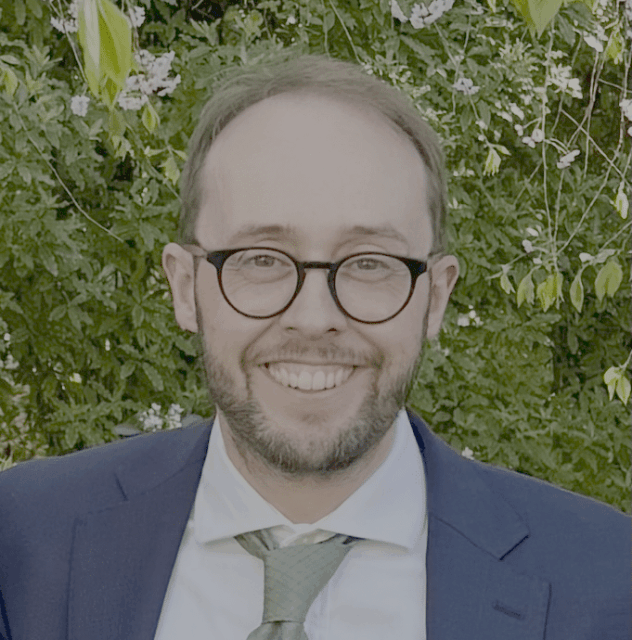
Andrew
McCallum
Clinical Tutor in Medicine
Dr Andrew McCallum is a Consultant Physician in Infectious Diseases and Acute General Medicine at Oxford University Hospitals. He completed his undergraduate training in Edinburgh, and postgraduate training in the UK (Edinburgh, Liverpool, London) and overseas (South Africa, Malawi). He is a Clinical Tutor in Medicine at St Edmund Hall.
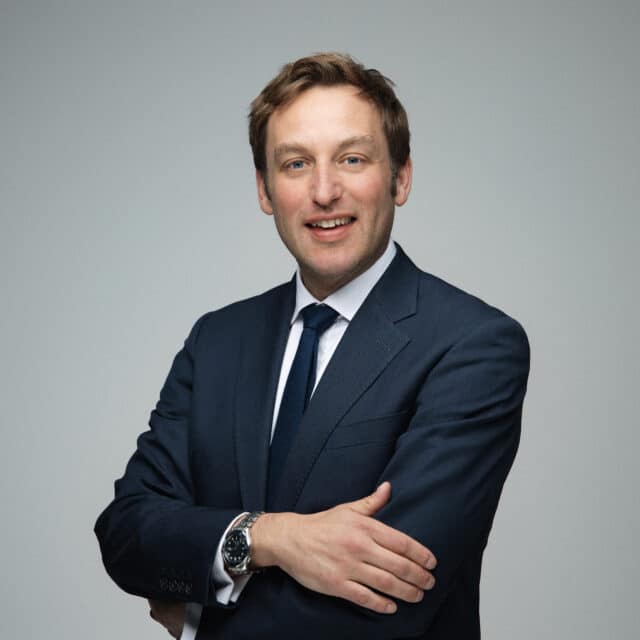
UCAS course codes
A100
Places available: 5
See syllabus and entry requirements for further information.